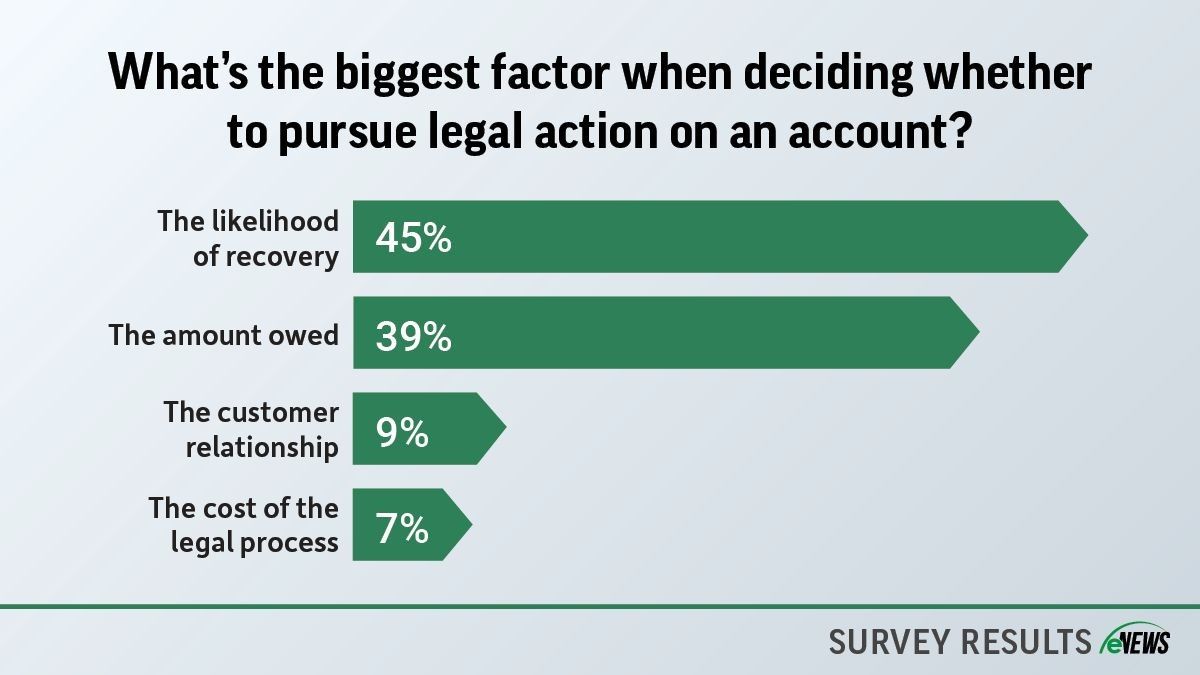Business Practices, eNews
Strategies for Building Long-Lasting Customer Bonds

Relationships are at the crux of what it means to be human. But not everyone is skilled at building strong, authentic relationships. Credit professionals, however, have no choice but to become the best relationship managers in the financial world. No matter how long the relationship with a customer or how much product that customer buys from your company, each one should be treated as your number one customer and feel special.
Establishing strong connections with customers can strengthen your company’s reputation and enhance the customer’s experience. Happy customers are more likely to remain loyal, which is key in an increasingly competitive global market. Maintaining open and positive relationships also helps credit managers to better assess a customer’s financial health and intentions. By understanding their customers’ circumstances, credit managers can identify potential risks early and take proactive measures to mitigate them.
The basis for a positive creditor-customer relationship starts early on. In-person customer visits are one way to foster a sense of trust, said Wendy Mode, CCE, CICP, division credit manager at Delta Steel, Inc. (Cedar Hill, TX). “You want to engage on a personal level to a certain extent because it lets the customer know you truly care about them as a person versus only being there to get a check or for business and asking where the money is,” she said.
Taking initiative to get to know your customer through small talk and personal interests is one way to build a bond. Get to know about your customer’s life and understand their expectations for business. Once a relationship is established, it will become easier to nurture the ongoing relationship.
“As you get to know people, you tend to become more candid and your initial guard may drop a little bit more and we start sharing personal aspects about ourselves, even in these B2B relationships,” said Alaina Worden, CCE, credit and collections manager at CECO, Inc. (Portland, OR). “I’ll keep track of those little tidbits of information, whether someone took their kids to soccer practice or is spending time with family. Once I talk to the person later, I can follow up and ask how their plans went and those relationships are a lot more organically driven when you’ve already gotten to know them.”
In addition to taking a personal approach to building relationships with your customer, it is important to emphasize what your company can offer from a professional standpoint. For example, if the customer cannot pay you a full amount at the time they need to, they will be more likely to have an open line of communication instead of avoiding your calls.
“The better relationship and better customer bond you build, the better chance you have of getting paid,” said Mode. “Know who your customer is and what you’re walking into. Your salesperson should also be able to fill you in on the personal things, such as are they someone who likes to talk sports or just strictly business.”
Take note of how your customers like to communicate. Do they like to be contacted often or only when needed? Do they prefer email or phone call? Jill Burns, regional credit analyst at ABC Supply Co. (Beloit, WI), said her customers are both internal and external. Even in times of disagreement, the relationship with the customer is not impacted in a negative way. “Even if it’s not positive news I’m relaying to the customer, I always try to keep a smile,” said Burns. “It comes across way more receptive and genuine to the customer, even if the information is something they may not want to hear. Within credit, you can relay information in a certain way to maintain the customer relationship. A phone call is more important than having that interaction through a letter, email or text message.”
A relationship that is off to a rocky start can be salvaged with some time and care, Worden explained. “Some relationships may need a bit more polishing to be able to grow and it won’t be as natural because there’s sand in the water,” she said. “It’s all about how to then turn that sand into pearls. Being empathetic to certain situations and finding where the disconnect is can help. Fix that strain by communicating, and ask for feedback from the customer. What can you do to be a better partner to your customers? How can you serve them better?”
Be sure to join the upcoming Credit Congress Spotlight Session Building Relationships with Customers on Thursday, Sept. 21. The new Credit Congress Spotlight Sessions are the perfect opportunity to savor a slice of the exceptional education that Credit Congress delivers annually. Credit Congress Spotlight Sessions feature some of the most insightful presentations from this year’s Credit Congress event. You can register for the full series for $399 per person or join the Unlimited Webinar Program (BEST VALUE) for $1200 for your entire company to participate in all webinars for a full year.





